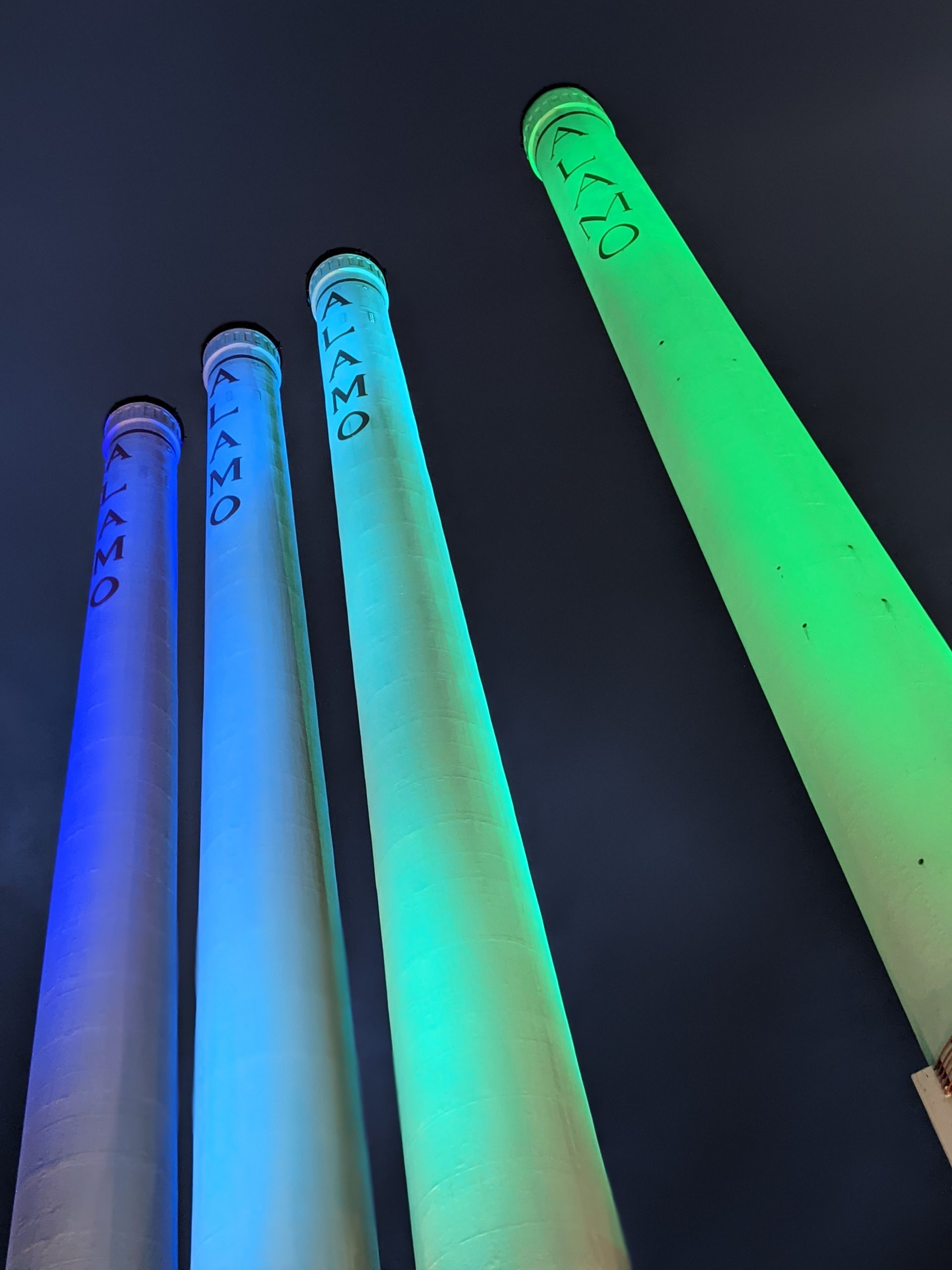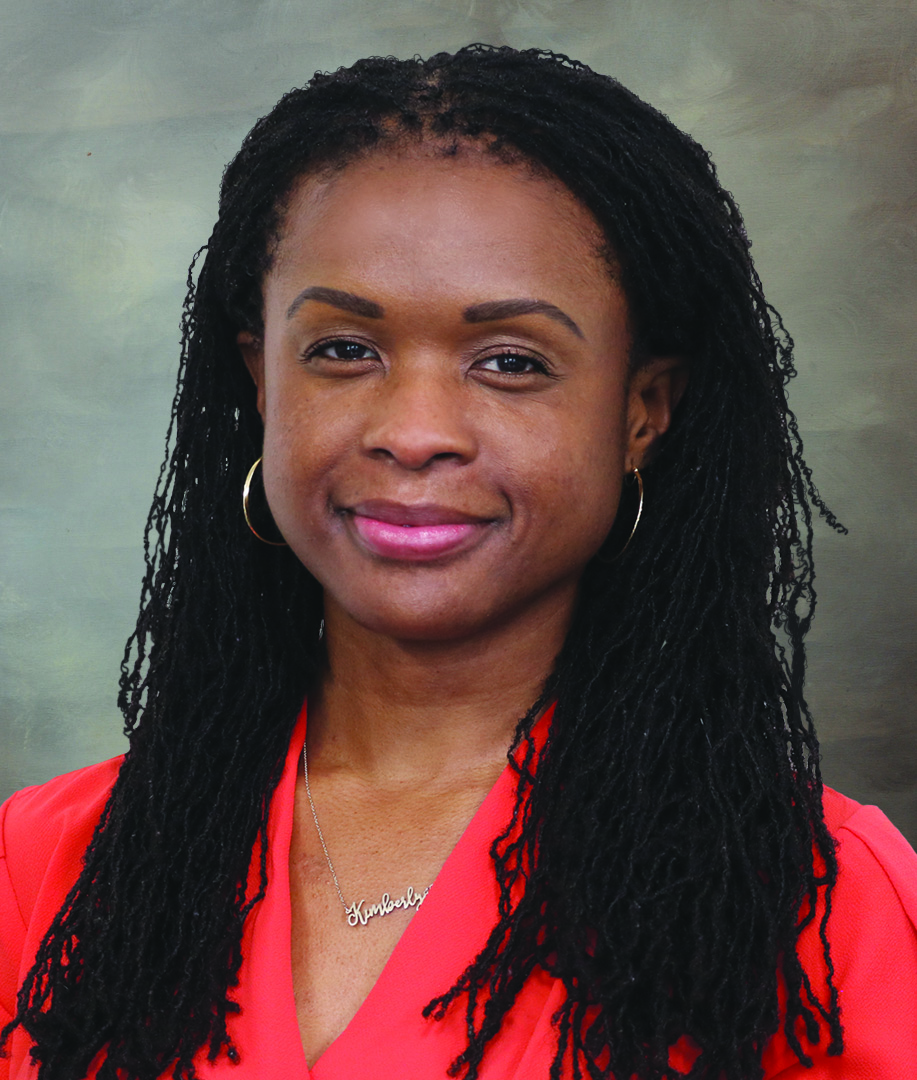The Alamo Quarry Market stacks lit blue and green to raise awareness about organ, eye and tissue donation
The stacks at the Alamo Quarry Market will be lit blue and green from April 19-29 to raise awareness about organ, eye and tissue donation during National Donate Life Month.
South Texas Blood & Tissue Center, a subsidiary of BioBridge Global, and Texas Organ Sharing Alliance (TOSA) are encouraging the community to participate by joining the Donate Life Texas registry throughout April.
Those who would like to join or check their status on the organ, eye and tissue donation registry can visit DonateLifeTexas.org/SouthTexasBlood.
National Donate Life Month, observed in April, was established in 2003 to encourage Americans to register as organ, eye and tissue donors and to honor those who have saved and enhanced lives through the gift of donation. This week, Donate Life Texas announced that 13 million Texans have registered to the Donate Life Registry.
“Every day, 17 people in America die while waiting for a transplant,” President Joe Biden said in a proclamation about National Donate Life Month. “Yet, all of us have the power to help: one donor can save up to eight lives through organ donation and can improve another 75 lives through eye and tissue donation.”
Elizabeth Waltman, chief operating officer at South Texas Blood & Tissue Center, personally knows how the gift of donation can help. Following an accident in 2018, she was experiencing pain so horrible she could hardly walk.
Waltman received donated bone during surgery to help stabilize and heal her spine.
“The surgery made a huge difference in my mobility and quality of life,” Waltman said. “I believe that the donation of bone expedited the healing process and got me back to work and doing the things I love to do quickly.”
Each year, 1.5 million people like Waltman will be healed through the gift of tissue donation. Tissue donations can help those suffering from burns, traumatic wounds, disease or malfunctioning heart valves, arthritis, athletic injuries and more.
Through the month of April, information about the Donate Life Texas registry will also be available in South Texas Blood & Tissue donor rooms. A remembrance board is set up in the Donor Pavilion donor room where donor families can leave a message in honor of their loved one.
In addition, on Tuesday, April 20 at 10 a.m., TOSA will host an Overview of Organ Donation webinar featuring a panel discussion with a clinical member of TOSA’s team as well as donation partners. The hour-long webinar will also feature Stories of Hope from a donor family and a kidney recipient who received her transplant in February.
To sign up, visit TOSA’s website, www.TOSA1.org


